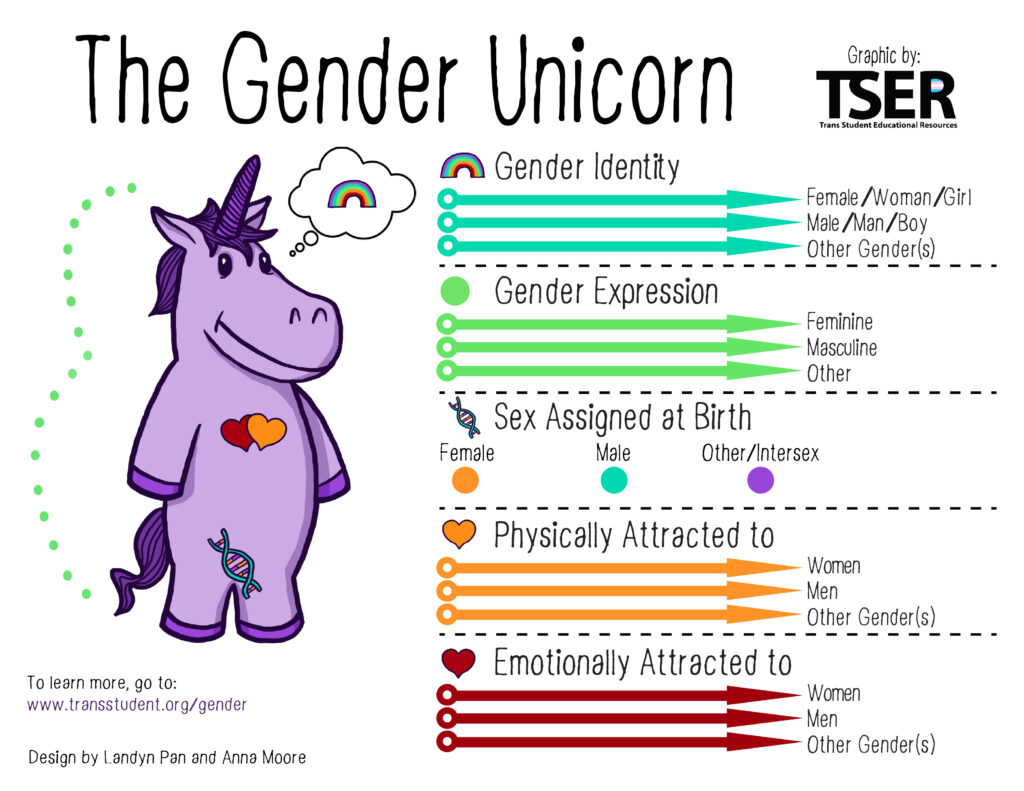
Arlington Public Schools provides educators with puberty lessons to teach fourth and fifth grade students that gender is a spectrum and that students can choose their gender based on their “head and heart”; uses the Gender Unicorn
Incidents
A concerned community member provided Parents Defending Education with a document titled “APS 2023-2024 Grade 4 & 5 Human Growth and Development Lessons” for Arlington Public Schools in Massachusetts. The document is for teachers to provide lessons to children in the fourth and fifth grades on puberty. However, the lessons also teach young students gender ideology not based in biological fact. The following are points for teachers to tell students, which include not referring to boys and girls as “male” and “female”:
- People who have a penis are often described as “male”. When talking about physical changes I will say, “people who have a penis”.
- People who have a vagina are often described as “female”. When talking about physical changes I will say “people who have a vagina”.
- Not everyone identifies with their gender assigned at birth.
- People who DO identify with their gender assigned at birth are referred to as “cisgender”.
- People who DO NOT identify with their gender assigned at birth are referred to as “transgender”, “gender fluid”, “non-binary” or something else.
- Each individual decides how they identify based on what’s in their head and heart.
Teachers are then shown a graph taken from the “Gender Unicorn.” The “Gender Unicorn” is an image that schools have used in an attempt to teach children that gender exists on a spectrum. Teachers are told to teach children about “sex assigned at birth, gender identity and gender expression.” The document then builds on this factually incorrect information by stating: “It is common for people to confuse sex assigned at birth and gender, but they’re actually different things.” Teachers are also told that “gender” is a “social and legal status.”
The document also includes teaching students to use preferred pronouns. Students are taught to discuss: “When learning someone’s pronouns, what does that tell us about them?” Students are also taught to discuss: “How can we create an inclusive environment if others understand what gender identity is?” Students are additionally given a “Go Fish” assignment with gender ideology vocabulary words.
If children are concerned about puberty issues, the document also explains that they don’t have to talk to their parents: “If you really can’t talk to your parents or guardian about what’s going on with your body, find an adult you trust — like an older sibling, cousin, aunt or uncle, grandparent, teacher, counselor, or doctor — to answer your questions.”
Young children are taught about “spontaneous erection” which is “when the penis swells with blood, causing it to become firm, randomly or out of nowhere.” They are also taught about “wet dreams” which are “when fluid, called semen that contains sperm, releases from the penis during sleep.”

The school district links to the organization AMAZE as a resource in the document. AMAZE is an organization that promotes “PRIDE resources” for children as young as toddlers on its website. In a document titled “Understanding Gender Diversity,” the organization provides caregivers with lessons to help “guide conversations with children on gender diversity, including gender identity and expression.” The lessons include books like My Princess Boy and When Aidan Became a Brother. AMAZE describes My Princess Boy as a story “about a little boy who loves the color pink, sparkly things, and being a princess.” The organization describes When Aidan Became a Brother as about a girl who transitioned to being a boy. Both books are aimed at children as young as 4 years old.
The school district also provides an LGBTQ lesson plan from the organization Advocates for Youth and links to its website. The organization is known for providing schools with lesson materials that promote gender ideology and transgender issues.
A parent forums were held on January 16th—one in the morning and one in the evening—for an overview of the sexuality topics presented in grades 4-9. Below is the slideshow from that presentation:
Stay Informed
